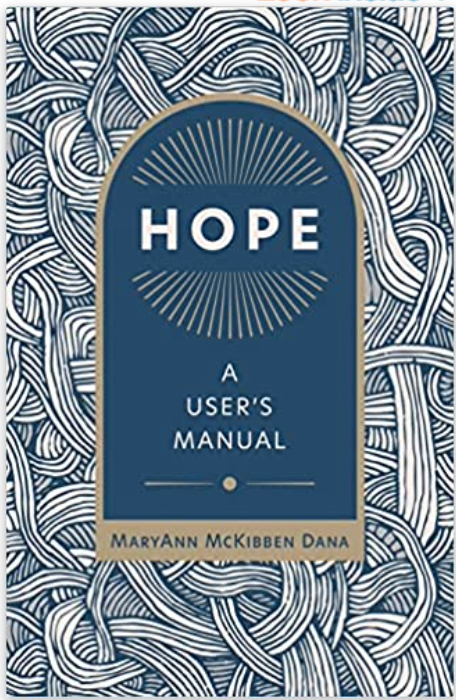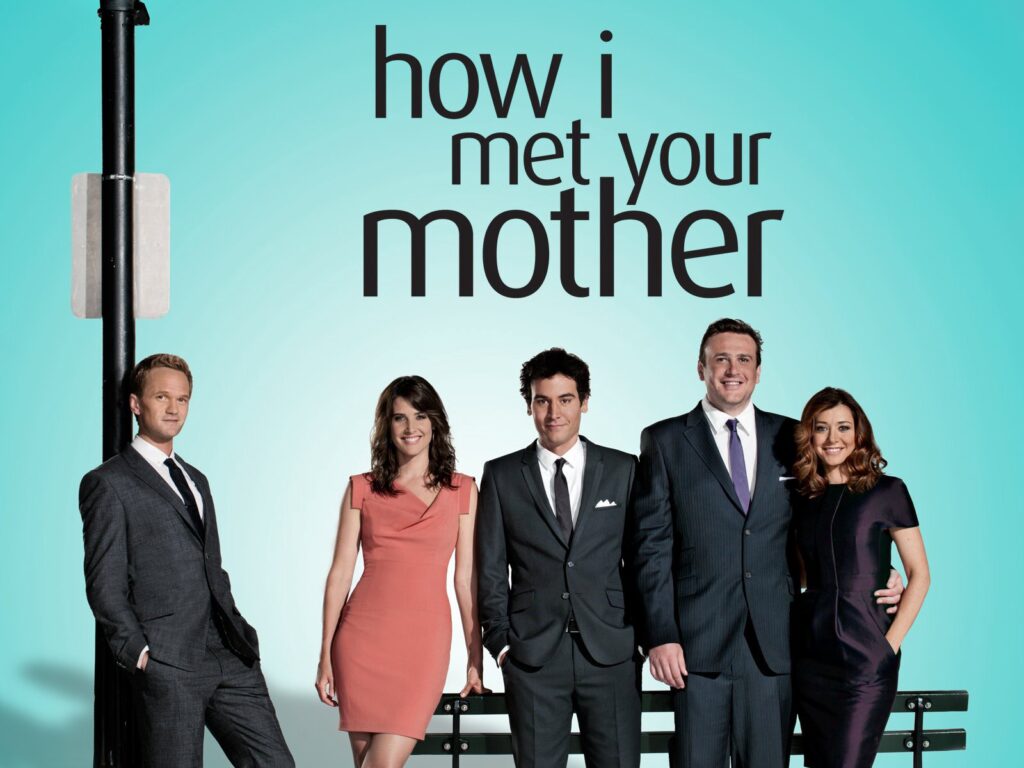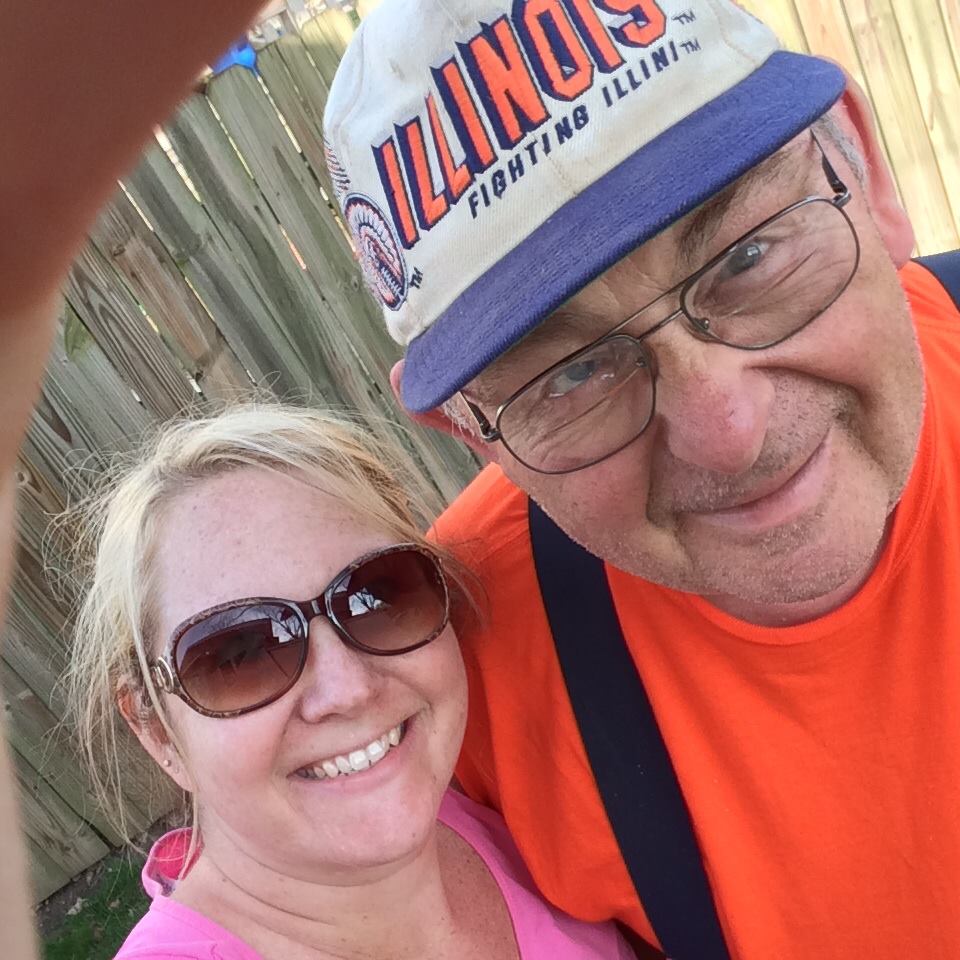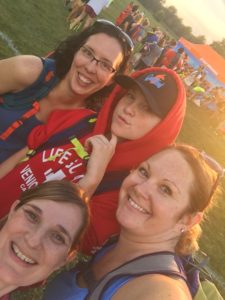Oh, the in-between, what a place to be.
Right now, I feel like I am in a holding pattern from which I can’t escape. It’s that period of time between diagnosis and action. It’s that time in which my go-get-’em personality struggles because there are so many elements of my life that are out of my control.
It’s also the time in which I feel like I can’t get enough information, not because it isn’t available, but because it isn’t possible to know certain things until other certain things take place. Sound confusing? Welcome to the world inside my head.
Things I know for sure:
- I have Invasive Lobular Breast Cancer.
- I am positive for BRCA2.
- I am facing multiple surgeries, the first of which will be to remove the breast with cancer, and undergo reconstruction.
- Follow up with treatment of some kind.
- At some point in the future, remove the other breast and have a hysterectomy.
- Both of my children, my sisters, a my mom will need to be tested for BRCA2.
Things I don’t know:
- When exactly will surgery occur?
- What recovery will look like?
- What kind of treatment will I need?
- How long will I need to be off work?
- How we will cover things at the church while I am away?
- When will the other surgeries need to happen?
- How will I handle forced menopause without the possibility of hormone replacement?
- How certain things will happen if I am not doing them?
- Am I making the right calls about treatment?
- Will my kids/sisters/mom be positive for BRCA2?
- If any of them are positive (particularly my kids), how do I help them navigate that knowledge?
- Why me?
- Why now?
- Will I face this again down the road in this or another form?
About two weeks after I got this diagnosis, I was scheduled to start a Doctor of Ministry program. I laid in bed one night and asked my husband what I should do. In his wisdom, he said that I start the program as if nothing had changed because we truly felt like God had led me to this program and this cohort at this time. So I did just that. This week I finished yet another required book for this spring and started the next: Hope: A User’s Manual by MaryAnn McKibben Dana. Yesterday, as I sat reading, I found this gem:
At the moment of the diagnosis, including a grim prognosis, my friend experienced a profound, paradoxical sense of both acceptance and non-acceptance. In a flash, she had to accept: any semblance of control and mastery over her life was gone, and whether it ever returned was beyond her. She was stepping into the unknown. At the same time, she moved into nonacceptance. If she was not in control, then maybe nobody else was either, including her doctors with their so-called certainties. Even with their medical training and expertise (which she trusted and relied upon), she know that the math of prognosis is based on odds and percentages. She felt equally invested in both sides of the paradox, both acceptance and nonacceptance, and that helped her move forward.
Her acceptance yielded an equanimity that buoys her to this day, while the nonacceptance allowed her to be defiant, hopeful, even playful…
When we feel we have no options, the clarity of…acceptance and nonacceptance allows us to choose…something. To choose to look for hope. To choose not to give up. To choose to make the most of a bad situation. To choose to allow ourselves to be heartbroken. To choose to do what’s ours and to do and leave the outcome to someone or something else, or fate, or God.
Hope: A User’s Manual, MaryAnn McKibben Dana, p. 60-61, Kindle Edition
When it comes to faith and living into the mystery of the now and not yet, and understanding that there is more unknowing than knowing when it comes to God’s Kingdom, I feel like I am pretty good at embracing that kind of liminality. But, right now, I am not so good at embracing liminality in my own personal struggles.
However, as I read those words over a few times yesterday, I felt like I was given permission to live in that space of not knowing and knowing, not accepting and accepting, of being heartbroken and hopeful all at once, trusting that no matter what I do or don’t know, God knows it all, sees it all, and never leaves my side through it all.
And maybe that’s enough.







